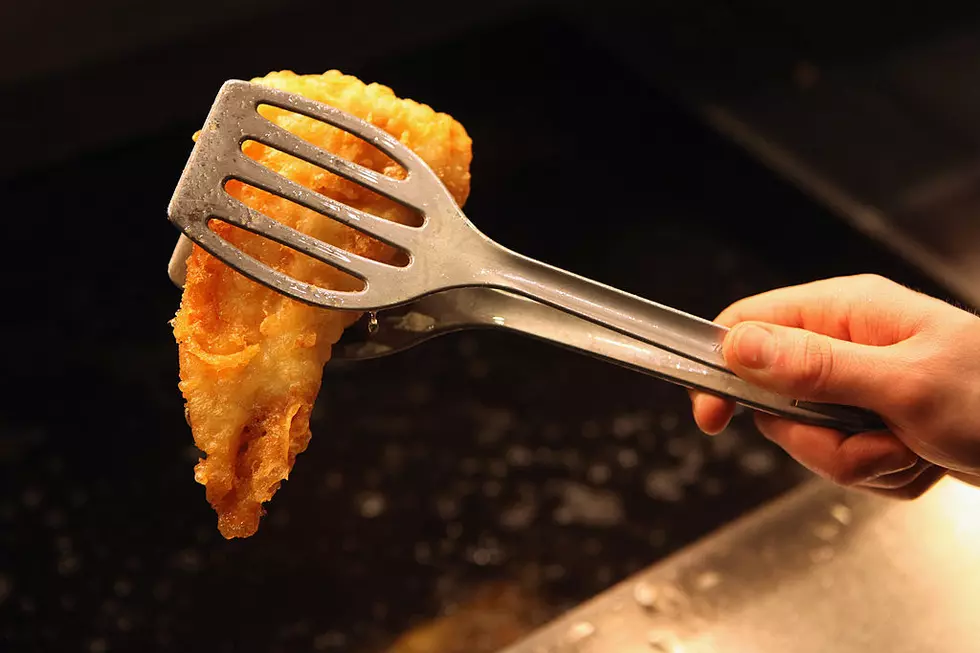
6 Common Lent Misconceptions Explained
When Pope Paul VI reorganized the Church's practice of public penance in 1966, he set into motion the framework for what would become the modern season of Lent.
According to city-data.com, over 81-percent of religious Lafayette residents identify themselves as Catholic. With that said, Lenten season is a BIG DEAL here in Acadiana. But despite its pervasiveness, there are still many misconceptions held about Lent among Catholics.
- iStockphoto
iStockphoto 1If Lent is supposed to be 40 days, why is it actually calendar 46 days?
According to GuardianLV.com, the 40 days and 40 nights of Lent are meant to imitate the time Jesus spent in the Judean desert while fasting, however, Sundays have become known as days of rest and worship within the Church, and for that reason are not included in the calculated 40 days of Lent.
- Vatican and the Pope, Alberto Pizzoli/ AFP/Getty Images
Vatican and the Pope, Alberto Pizzoli/ AFP/Getty Images 2Does that mean Sundays are 'cheat days'?
During Lent, Catholics often 'give up' a favorite food or activity as a penance. Because Sundays are not actually part of Lent, many Catholics have designated Sunday as 'cheat day' for their penance, but is this "cheat day" practice really allowed?
Technically they are correct, however, Disciplesnow.com points out that 'giving things up' is not a requirement of Lent, therefore the terms of the penance are completely up to the individual.
- Staff Photo
Staff Photo 4What does 'fasting' really mean?
According to AmericanCatholic.org, fasting is defined as partaking of only one full meal. Some food (not equaling another full meal) is permitted at breakfast and around midday or in the evening—depending on when a person chooses to eat the main or full meal.
- iStock
iStock 3Do I still have to fast if I'm sick?
According to AmericanCatholic.org, those sick are excused from fasting.
- YouTube
YouTube 5Is there an age limit on fasting?
According to AmericanCatholic.org, yes.
Catholics between the ages of 18 and 59 are obliged to fast on Ash Wednesday and Good Friday. In addition, all Catholics 14 years old and older must abstain from meat on Ash Wednesday, Good Friday and all the Fridays of Lent.
- Facebook
Facebook 6Should meat juices and byproducts also be avoided?
Many household cooking products like lard, margarine, and broths either contain meat or are made from cooking meat. These items, according to AmericanCatholic.org are not considered meat and are thus allowed to be consumed.
From AmericanCatholic.org:
Abstinence does not include meat juices and liquid foods made from meat. Thus, such foods as chicken broth, consomme, soups cooked or flavored with meat, meat gravies or sauces, as well as seasonings or condiments made from animal fat are not forbidden. So it is permissible to use margarine and lard. Even bacon drippings which contain little bits of meat may be poured over lettuce as seasoning.
More From News Talk 96.5 KPEL









